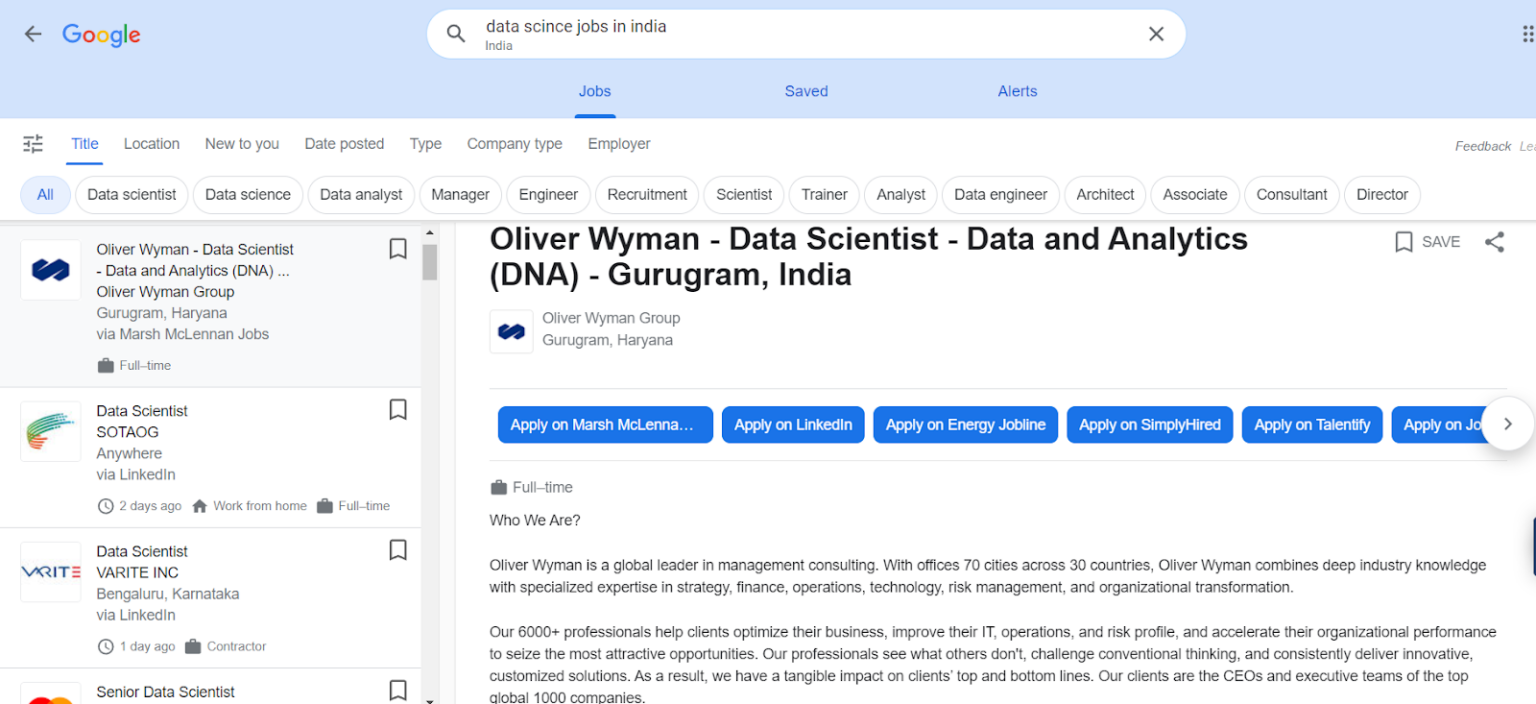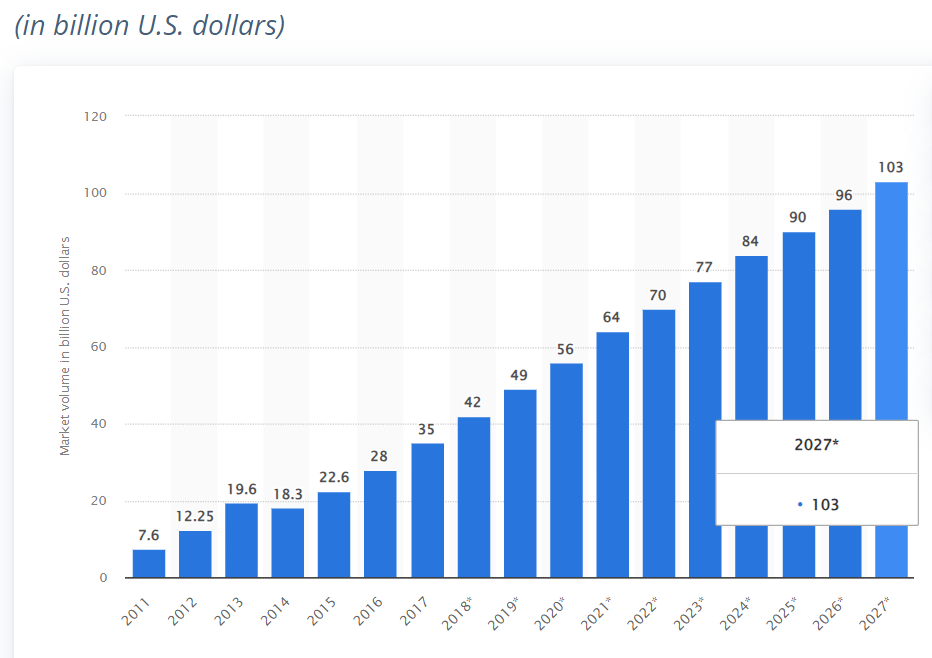+91-98604 38743

Unlock the Future with Our Post Graduate Programme in Data Science with Gen AI (Executive) |
Course Highlights✅
- ⦿ 230+ Live Workshops
- ⦿ Mock and Simulation Tests After Each Module
- ⦿ 1:1 Doubt Clearance
- ⦿ Resume Creation Support
- ⦿ Lifelong Access to Course Content
- ⦿ Easy EMI Options
Time Span
- ⦿ 230+ Live Session
- ⦿ Mock and Simulation Tests After Each Module
- ⦿ 2 hrs Daily
Process
- ⦿ Live Session
- ⦿ After the session recording uploaded on the same day
Structure
- ⦿ Mock After every modules
- ⦿ Real-time Projects after every module
- ⦿ Doubt Sessions & Assignments per week
Extra
- ⦿ Resume Building
- ⦿ Linkedin Profile
- ⦿ Interview Prep
- ⦿ Naukri Profile

Placement Statistics
⦿ Average Salary Hike: 150%
⦿ Placement Rate: 92%
⦿ Companies Hiring: Google, Amazon, Microsoft, IBM, Deloitte, and more
⦿ Roles Secured: Data Scientist, ML Engineer, AI Developer, Data Analyst
Why Join Generative AI in Data Science Course Online
Technical Skills
Apex Visualforce Javascript CSS HTML SOUL Apart from this, you ought to understand internet improvement tools like Git, Eclipse, ID, and Sublime

Analytical Skills
we suggest that you need to understand and deeply analyze the necessities and needs of the customers. Therefore, analytical abilties and competencies are critical to successfully transform the design/code and construct a protracted-term profession in Salesforce.

Problem-solving Skills and Logical Skills
We all recognize that no CRM platform is loose from errors, insects, and problems. So, wonderful realistic understanding and problem-solving talents are important for Salesforce developers. Adequate understanding and quick hassle fixing will help keep the Salesforce platform go with the flow.
Why Should You Opt for Our Course?
Get Hands-on Experience
At Prominent Academy, we believe in learning through activity. Throughout the course, you will be engaged in practical projects simulating real-life challenges. This hands-on experience enables understanding of complex concepts while building a robust portfolio that impresses employers. And this is what makes our data science with gen ai course stand out.
Experienced Instructors
We have professional instructors who are experts in their field with many years of experience in data science and analytics. They bring along the knowledge and insights that ensure you receive only the latest information on all the trends and technologies currently in use. Their guidance will take you through all the steps of your learning journey.
Flexible Schedule
We understand that life can get pretty hectic. So, we have flexible scheduling options. Whether it's weekend classes or evening sessions, we have a format that works for you. Learning has to be convenient and accessible. That;s why we call it one of the best data science courses available online.
Industry Statistics - Data Science Professionals' Demand



Who Should Take This Data Science with Gen AI Course?
Newbies in Data Science:
If you are just starting from scratch and are ready to learn, this course will provide a solid foundation on which to base learning concepts and tools.
Career changers:
If you are just starting from scratch and are ready to learn, this course will provide a solid foundation on which to base learning concepts and tools.
Professionals seeking advancement
Professionals in marketing, finance, or operations who want to use data analytics to make better business decisions will find this course invaluable.
Data Enthusiasts
You feel passionate about data and solve problems. Then this is the course that could help channel that enthusiasm to a really rewarding career.
Business Analysts
Those interested in knowing data analytics and machine learning would be able to gain better expertise and career opportunities.
Anyone Interested in AI/ML:
Generative AI has captured a lot of the imagination in the space; this course provides a wonderful introduction to these next-generation technologies.
Tools and Technologies Covered
Programming Languages
Python: The most widely used language for ML and AI, thanks to its simplicity and powerful libraries (TensorFlow, Scikit-learn, Pandas). It allows you to build and train machine learning models efficiently.
SQL: Helps in managing, retrieving, and querying data from databases, a crucial skill for working with real-world datasets.
Linux: A preferred operating system for running AI models on servers and cloud platforms. Knowing basic commands will help you manage environments and automate tasks.
Data Collection, Preprocessing & EDA
- Data Collection: Web scraping, APIs, and working with datasets.
- Data Cleaning and Preprocessing: Handling missing data, encoding categorical data, data scaling.
- Exploratory Data Analysis (EDA): Visualization techniques, identifying patterns, data distributions.
- Data Wrangling with Pandas: Advanced data manipulation and aggregation.
Statistics, Probability & Machine Learning Basics
- Statistics Essentials: Descriptive and inferential statistics, hypothesis testing, regression analysis.
- Probability Theory: Probability distributions, Bayes’ theorem, and random variables.
- Introduction to Machine Learning: Supervised vs. unsupervised learning, model evaluation metrics.
- Popular Algorithms: Linear regression, decision trees, clustering, SVM, k-nearest neighbors.
Advanced Machine Learning & Deep Learning
- Advanced Algorithms: Ensemble methods, Random Forest, Gradient Boosting.
- Neural Networks Fundamentals: Understanding perceptrons, activation functions, backpropagation.
- Convolutional Neural Networks (CNNs): Concepts, image classification, and applications.
- Recurrent Neural Networks (RNNs): Sequence modeling, applications in NLP.
Introduction to Generative AI
- Generative AI Overview: Types of generative models, applications, and ethics.
- Autoencoders: Variational Autoencoders (VAEs), denoising autoencoders, applications.
- GANs: Basics, training process, and applications in image generation.
- Diffusion Models: Understanding diffusion processes, denoising diffusion probabilistic models.
NLP & Generative AI for Text
- Text Preprocessing: Tokenization, stopword removal, stemming, and lemmatization.
- Traditional NLP Models: TF-IDF, word embeddings, and LSTM-based models.
- Transformers: Understanding transformer architecture, BERT, and GPT models.
- Text Generation with Generative AI: Using language models for text generation, summarization, chatbots.
Advanced Generative Models
- GAN Variants: Conditional GANs, CycleGANs, applications in style transfer, data augmentation.
- Diffusion and Other Emerging Models: Overview of cutting-edge generative AI models, use cases.
- Prompt Engineering: How to craft effective prompts, prompt-based fine-tuning.
- Fine-Tuning Pre-trained Models: Techniques for adapting pre-trained models to specific tasks.
Generative AI for Images, Audio, and Video
- Image Generation: GANs and VAEs for synthesis, super-resolution, image-to-image translation.
- Generative AI in Audio: Text-to-speech, speech synthesis models, music generation.
- Video Generation: Deepfake technology, ethical implications, video generation tools.
- Ethics and Security: Addressing biases, privacy, and responsible AI practices.
Generative AI in Real-World Applications
- Healthcare Applications: Drug discovery, diagnostics, medical imaging.
- Content Creation: Automated content generation, creative AI tools for marketing.
- Gaming and Entertainment: Procedural content generation, AI-based game character design.
- Generative AI in Business: Chatbots, automated summarization, personalized marketing.
REAL PEOPLE, REAL RESULTS
"Prominent" kothrud
FAQs
Q1: What are the prerequisites for the course?
No prior knowledge of data science is required! We begin our course from the basics and gradually build up to advanced topics. Basic understanding in programming and statistics can be helpful but is not mandatory.
Q2: How long will the course last?
This course usually lasts between three to six months depending on the class schedule you want; whether full time or part time, you will have sufficient time to digest and have a chance to practice your skills.
Q3: Do I get a certificate after I am through with my course?
Yes! Once you complete the course, you get a certificate that you may attach to your resume or update on LinkedIn. The certificate is proof that you can do data science and analytics.
Q4: What support do you offer for placement?
We have job placement support. This includes creating a resume, interview preparations, and connecting you through our network of industry-related contacts. We will put you on the road toward your career.
Q5: Is there anything else going to cost me more?
All course resources are inclusive in the fees. In case you require more resources or other software for personal use, the costs will be supplementary.
Q6: What tools and technologies will I learn?
You will gain hands-on experience with popular tools like Python, R, SQL, Tableau, and TensorFlow, among others.
Q7: Is there a capstone project?
Yes! You’ll complete a capstone project that showcases your skills. This project will be a part of your portfolio when you apply for jobs.
Q8: Can I attend online classes?
Absolutely! We offer both in-person and online classes, so you can choose the format that works best for you.
Q9: How many students are in a class?
We keep our class sizes small, typically around 15-20 students, to ensure personalized attention and interaction.
Q10: What is the teaching methodology?
Our approach combines lectures, hands-on labs, group discussions, and real-world projects to reinforce learning.
Q11: Will I get support after the course ends?
Yes! We provide ongoing support through our alumni network, including access to resources and job opportunities.
Q12: Are there any group discounts available?
Yes! If you enroll as a group, we offer special discounts. Please contact us for more details.
Q13: How do I enroll in the course?
You can easily enroll through our website or by visiting our academy. Just fill out the registration form, and our team will assist you.
Q14: What is the refund policy?
We have a clear refund policy. If you withdraw within the first weeks of the course, you’ll receive a full refund.
Q15: Are internships included?
While internships are not mandatory, we can assist you in finding internship opportunities that match your skill set.
Q16: How is the course assessed?
Your assessment will be based on assignments, quizzes, participation in projects, and the final capstone project.
Q17: Can I switch between online and in-person classes?
Yes! If you need to switch formats during the course, just let us know, and we’ll accommodate your request.
Q18: Will I learn about big data technologies?
Yes! We cover foundational concepts in big data technologies such as Hadoop and Spark.
Q19: Is this course suitable for career changers?
Absolutely! Many of our students come from non-technical backgrounds and successfully transition into data science careers.
Q20: What types of jobs can I get after completing this course?
Graduates have gone on to roles such as Data Analyst, Data Scientist, Machine Learning Engineer, and Business Analyst, among others.
Q21: Do I need to purchase any software for the course?
Most of the tools we use are free or open-source, so you won’t need to purchase software for the course.
Q22: How do I know if this course is right for me?
If you have an interest in data analysis, problem-solving, and technology, this course is likely a great fit for you.
Q23: Are there prerequisites for online learning?
Basic computer skills and a reliable internet connection are essential for online learning.
Q24: Can I attend a demo class before enrolling?
Yes! We offer demo classes so you can get a feel for our teaching style and curriculum.
Q25: What if I miss a class?
We record all classes, so you can catch up on any missed material at your convenience.




